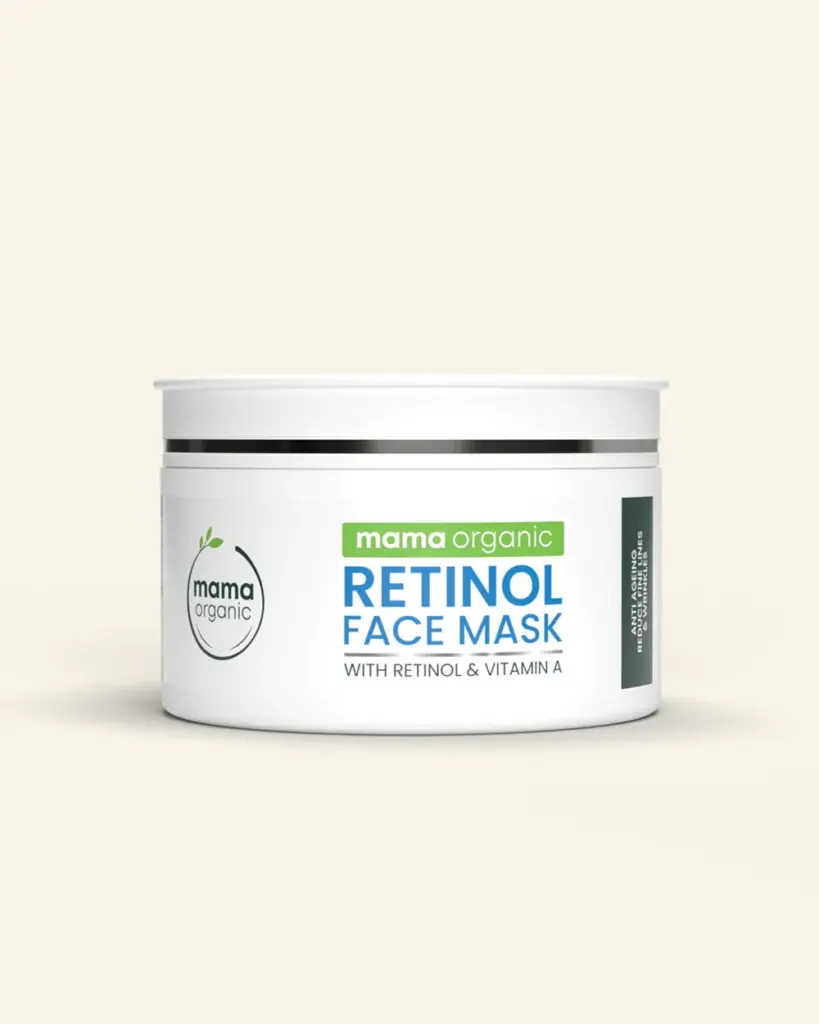Introduction
In the realm of skincare, one ingredient has stood the test of time and garnered a reputation for its transformative powers – retinol. This remarkable compound, derived from vitamin A, has become a staple in the beauty industry due to its multitude of benefits for the skin. However, as with any potent ingredient, retinol benefits on skin. comes with certain precautions that must be taken into account to ensure optimal results. In this article, we will explore the incredible advantages of retinol on the skin, shed light on the potential dangers of retinol cream, and provide essential guidelines for its proper usage.
Benefits of Retinol on Skin
Retinol is renowned for its ability to address a wide range of skin concerns and promote a more youthful complexion. Here are some key benefits it offers:
Diminished Fine Lines and Wrinkles: Retinol stimulates collagen production, reducing the appearance of fine lines and wrinkles while improving skin elasticity and firmness.
Improved Skin Texture: Regular use of retinol aids in exfoliation, promoting the shedding of dead skin cells and revealing smoother, more radiant skin.
Enhanced Skin Tone: Retinol helps fade hyperpigmentation, age spots, and sun damage, resulting in a more even and luminous complexion.
Reduced Acne and Breakouts: By regulating oil production and unclogging pores, retinol combats acne and prevents future breakouts, making it a valuable asset for those struggling with blemishes.
Dangers of Retinol Cream
While the benefits of retinol are undeniable, it is important to approach its usage with caution. Here are some potential dangers associated with retinol cream:
Skin Irritation and Sensitivity: Retinol can cause initial redness, dryness, and flaking as the skin adjusts to the ingredient. Gradual introduction and proper moisturization can minimize these side effects.
Increased Sun Sensitivity: Retinol can make the skin more susceptible to sunburn and damage. It is crucial to use sunscreen daily and limit sun exposure while using retinol products.
Not Suitable for Certain Skin Types: Those with extremely sensitive skin or certain skin conditions may find retinol too harsh. Consulting a dermatologist is recommended before incorporating retinol into a skincare routine.
How to Use Retinol
To ensure the safe and effective use of retinol, follow these guidelines:
Start Slowly: Begin by using a low-concentration retinol product once or twice a week, gradually increasing frequency and concentration as your skin adapts.
Nighttime Application: Retinol is best used at night to avoid potential sun sensitivity. Apply a pea-sized amount to clean, dry skin, avoiding the eye area.
Patience is Key: Results from retinol can take several weeks to manifest. Consistency and patience are crucial for reaping the full benefits of this powerhouse ingredient.
Moisturize and Protect: Always moisturize your skin after applying retinol to minimize dryness and follow up with a broad-spectrum sunscreen during the day to protect against sun damage.
Conclusion
Retinol remains an unparalleled ingredient in the realm of skincare, offering a myriad of benefits for the skin. From its remarkable anti-aging effects to its ability to tackle acne and uneven skin tone, retinol has rightfully earned its reputation as a skin savior. However, it is essential to be aware of the potential dangers associated with retinol cream and to follow proper usage guidelines. By embracing retinol with caution and incorporating it into a well-rounded skincare routine, you can unlock its transformative powers and achieve a healthier, more radiant complexion.


